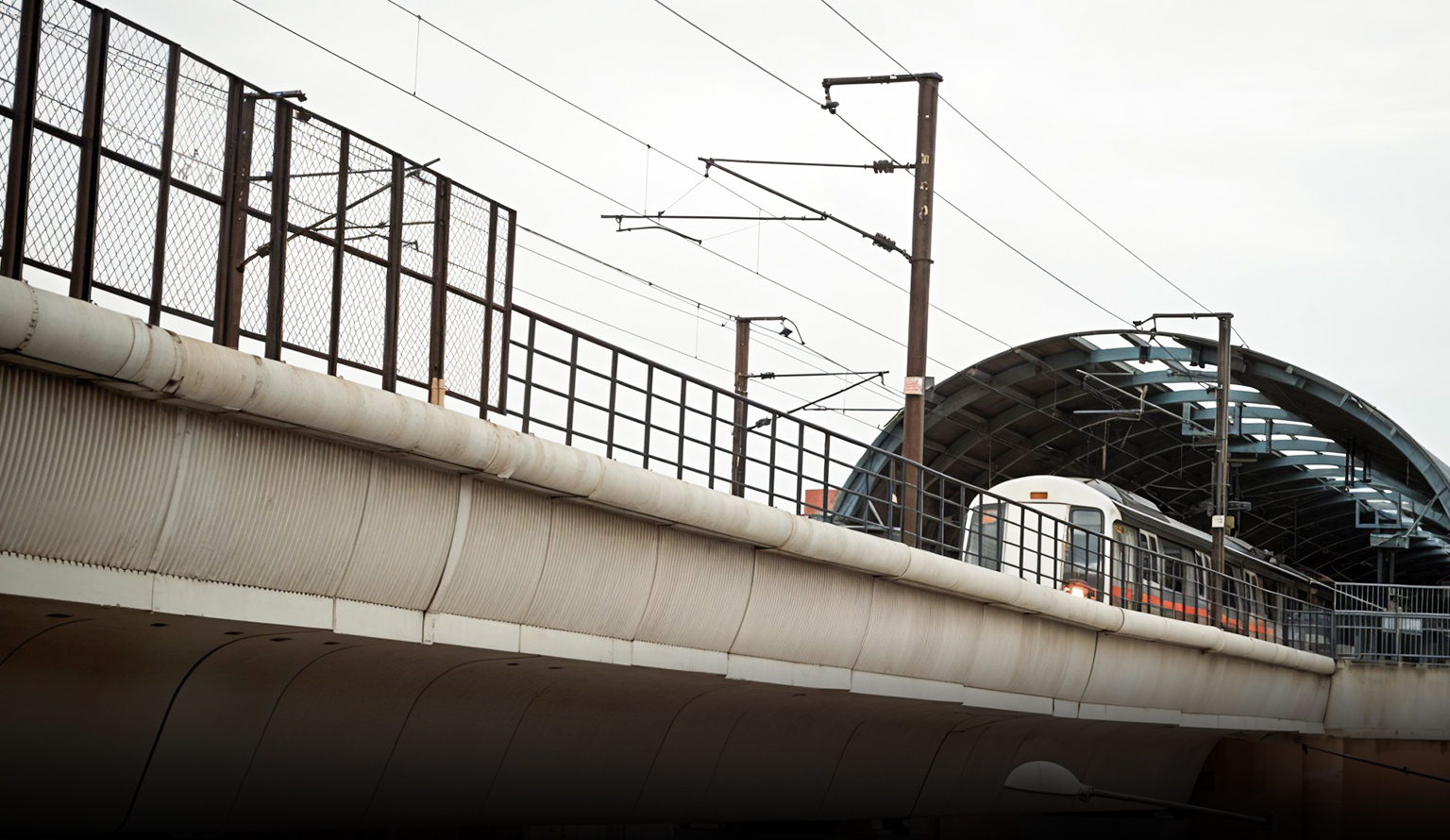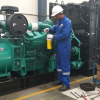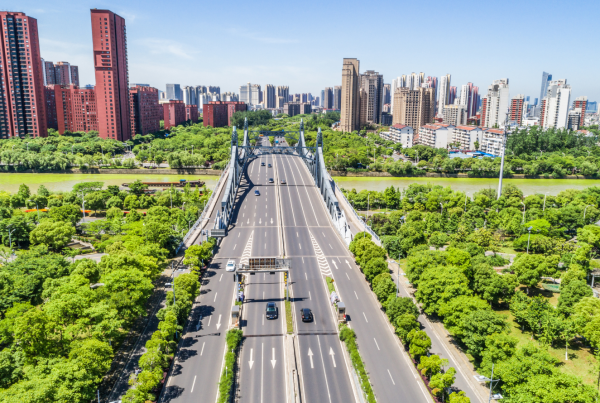In the metro cities of India, the growing dependence on petrol and diesel-powered vehicles for travel beyond local trains is causing serious environmental and urban mobility challenges, such as air pollution and escalating traffic congestion. To combat the rising carbon footprint from these vehicles, metro rail electrical systems provide a cleaner alternative.
With their fully electric design, metro systems significantly reduce carbon emissions. It also helps ease traffic congestion by offering a more efficient, affordable, and convenient way to travel locally. The Government of India supports this transition through initiatives like the Smart Cities Mission and National Urban Transport Policy, aiming to expand metro networks and promote renewable energy.
This blog explores the design of metro rail electrical systems, highlighting their role in promoting greener urban mobility and improving the quality of life.
Understanding How Metro Rail Electrical Systems Are Eco-friendly
- Reducing Carbon Emissions
Electrified metro systems are designed to significantly reduce their environmental impact. For instance, the Delhi Metro claims to reduce pollution by 630,000 tons1 annually. When compared, metro systems reduce carbon emissions by 97% compared to private petrol cars and by 98%2 % compared to buses.
Additionally, metro systems are equipped with regenerative braking technology, which recovers up to half of the energy used3 for traction and feeds it back into the power grid. This further enhances its energy efficiency and reduces operational emissions.
- Integration of Renewable Energy
Hyderabad Metro is making strides toward sustainability by incorporating solar power at 13 metro stations to meet operational needs. This shift reduces dependence on fossil fuels, lowering carbon emissions and operational costs. The Telangana government plans to expand solar capacity further, aiming to power a larger portion of the metro electrical systems through renewable energy.
This initiative supports the state’s goal to promote green energy and sustainable urban mobility, positioning Hyderabad Metro as a leader in clean public transportation.
Improving Urban Living with Sustainable Mobility
In addition to reducing carbon footprint through their design, metros also help:
- Alleviate Traffic Congestion
By providing a reliable and high-capacity alternative to traditional road-based transportation, metros help ease traffic congestion and decrease the need for petrol and diesel-powered cars and buses. This lowers overall fuel consumption and reduces carbon emissions caused by idling vehicles stuck in traffic.
- Improve Air Quality and Public Health
Metro rail electrical systems are a game-changer in cities like Delhi, where air quality consistently ranks among the worst. By reducing dependence on petrol and diesel-powered vehicles, metros cut emissions of carbon dioxide (CO₂), nitrogen oxides (NOx), and particulate matter (PM).
This leads to cleaner, healthier air, significantly improving public health by reducing respiratory illnesses, allergies, and other pollution-related health issues.
Key Contribution of Jakson Infra in Metro Rail Projects of India
At Jakson Infra Group, we are proud to play a key role in India’s metro rail electrification, backed by over 70 years of experience delivering exceptional turnkey Engineering, Procurement, and Construction (EPC) services. Our expertise spans every stage of metro projects—from design and procurement to construction and commissioning—ensuring the highest safety standards, efficiency, and quality.
Let’s consider our recent contribution to the development of Chennai Metro Line-5. It is worth noting that Jakson Infra, leveraging our expertise in EPC services, is executing a ₹201.5 crore contract to develop a 44.6 km corridor connecting Madhavaram Milk Colony to Sholinganallur. The project includes electrical and mechanical installations across 10 elevated (above-ground) and 6 underground stations, interconnected by tunnels and viaducts.
Expanding Our Impact
In addition to the Chennai Metro, we have successfully contributed to the electrification of metro rail systems in major cities like Delhi, Mumbai, and Bengaluru, enhancing urban mobility and reducing the carbon footprint of these rapidly growing urban centers. With two decades of proven experience, Jakson Infra continues to be a trusted leader in providing sustainable infrastructure solutions that drive India’s metro rail electrification forward.
Towards a Green Future with Electrified Urban Mobility
Electrified metro rail systems are the cornerstone of sustainable urban mobility in India. They provide a cleaner and more efficient alternative to conventional transportation, drastically reducing carbon emissions and minimizing the nation’s environmental footprint.
As urban areas continue to grow, the need for eco-friendly transportation solutions becomes increasingly critical. By prioritizing investments in electrified metro systems, India is tackling current urban challenges and laying the foundation for a cleaner and more sustainable future.
“Jakson Infra envisions metro rail electrical systems will soon be the lifeline of our cities, connecting people with a greener way to transport.”









